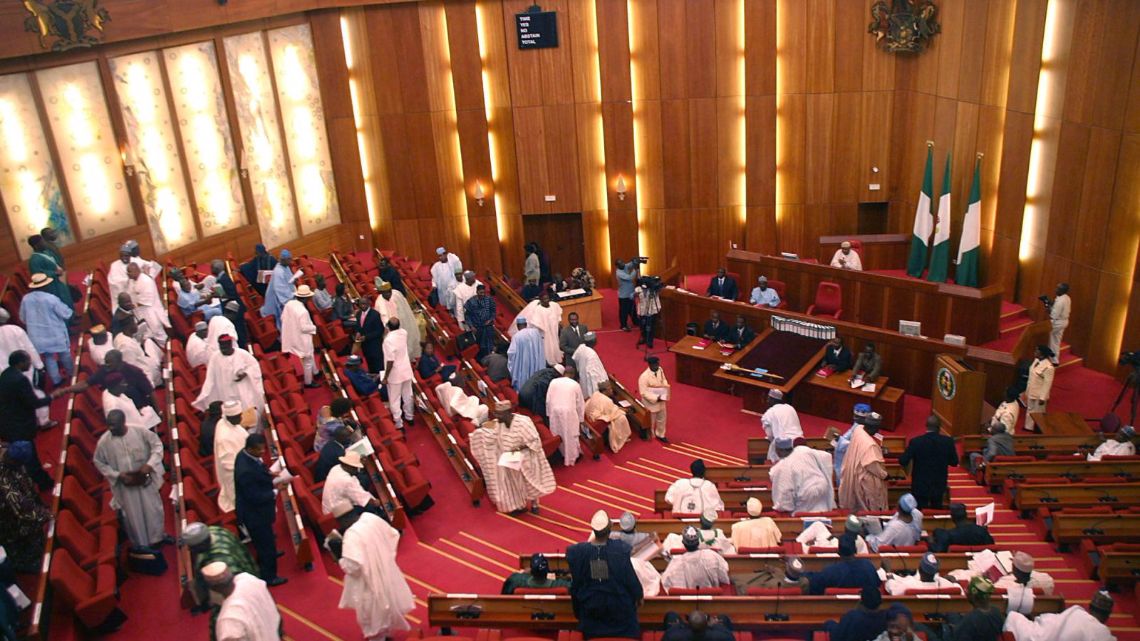The National Identity Management Commission (NIMC) has unveiled plans to launch three new national identity cards.
These cards are aimed at providing improved access to government services and bolstering identification systems across Nigeria.
The three new national identity cards, as disclosed by Ayodele Babalola, the Technical Adviser, Media, and Communications to the Director-General of NIMC, will include a bank-enabled National ID card, a social intervention card, and an optional ECOWAS National Biometric Identity Card.
Babalola explained that these cards are tailored to meet the diverse needs of Nigerian citizens while fostering greater participation in nation-building initiatives.
In an interview, Babalola outlined the timeline for the rollout of these cards, indicating that Nigerians can expect to start receiving them within one or two months of the launch, pending approval from the Presidency.
The bank-enabled National ID card, designed to cater to the middle and upper segments of the population, will offer seamless access to banking services within the specified timeframe.
Also, the National Safety Net Card will serve as a crucial tool for authentication and secure platform provision for government services such as palliatives, with a focus on the 25 million vulnerable Nigerians supported by current government intervention programs.
This initiative aims to streamline the distribution process and ensure efficient delivery of social services to those in need.
Furthermore, the ECOWAS National Biometric Identity Card will provide an optional identity verification solution, facilitating cross-border interactions and promoting regional integration within the Economic Community of West African States (ECOWAS).
The announcement comes on the heels of NIMC’s collaboration with the Central Bank of Nigeria (CBN) and the Nigeria Inter-bank Settlement System (NIBSS) to develop a multipurpose national identity card equipped with payment capabilities for various social and financial services.
This collaborative effort underscores the commitment of key stakeholders to foster innovation, cost-effectiveness, and competitiveness in service delivery.
Babalola stated that the new identity cards aim to address the need for physical identification, empower citizens, and promote financial inclusion for marginalized populations. With a target of providing these cards to approximately 104 million eligible applicants on the national identification number database by the end of December 2023, NIMC is poised to revolutionize the identity management landscape in Nigeria.
The implementation of these programs aligns with broader efforts to drive digital transformation and improve access to essential services for all Nigerians.
Babalola highlighted the multifaceted benefits of the new identity cards, including their potential to uplift millions out of poverty by facilitating access to government social programs and financial services.
While the launch date is set tentatively for May pending presidential approval, NIMC remains committed to finalizing the necessary details to ensure a smooth rollout of the new identity cards.
The introduction of these cards represents a significant step forward in NIMC’s mission to provide secure and reliable identity solutions that empower individuals and contribute to the socio-economic development of Nigeria.
Efforts to reach Kayode Adegoke, the Head of Corporate Communications at NIMC, for further insights on the initiative were unsuccessful at the time of reporting.
As Nigeria gears up for the launch of these innovative identity cards, stakeholders express optimism about the potential positive impact on identity management, financial inclusion, and socio-economic development across the country.


 Forex2 weeks ago
Forex2 weeks ago


 Naira1 week ago
Naira1 week ago
 Naira4 weeks ago
Naira4 weeks ago
 Company News4 weeks ago
Company News4 weeks ago




 Naira1 week ago
Naira1 week ago
 Billionaire Watch1 week ago
Billionaire Watch1 week ago




 Naira3 weeks ago
Naira3 weeks ago




 Naira1 week ago
Naira1 week ago




















